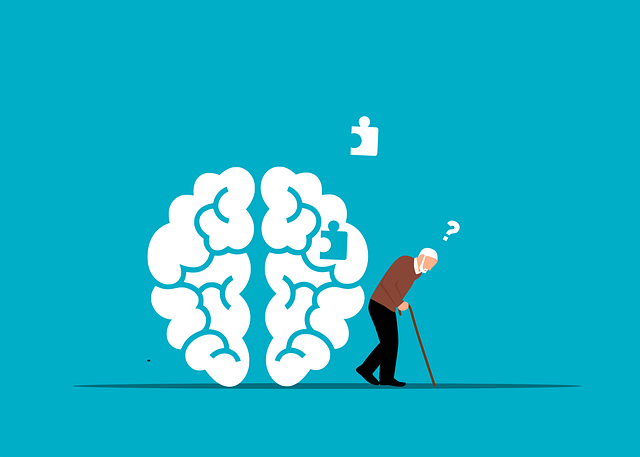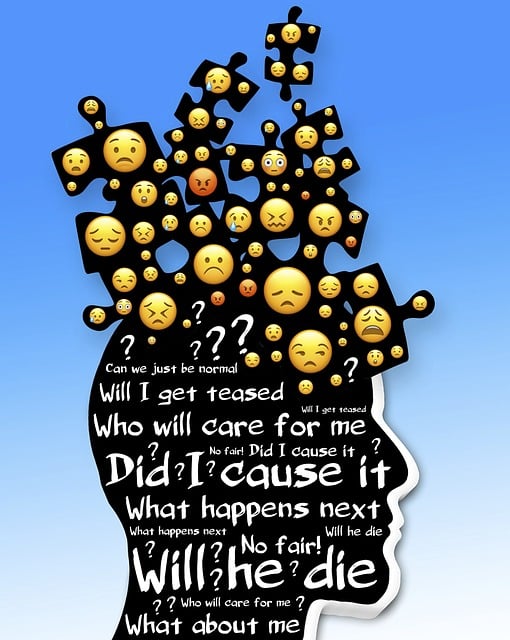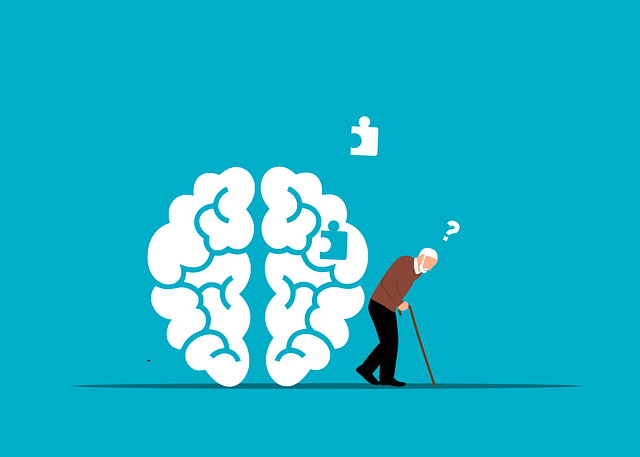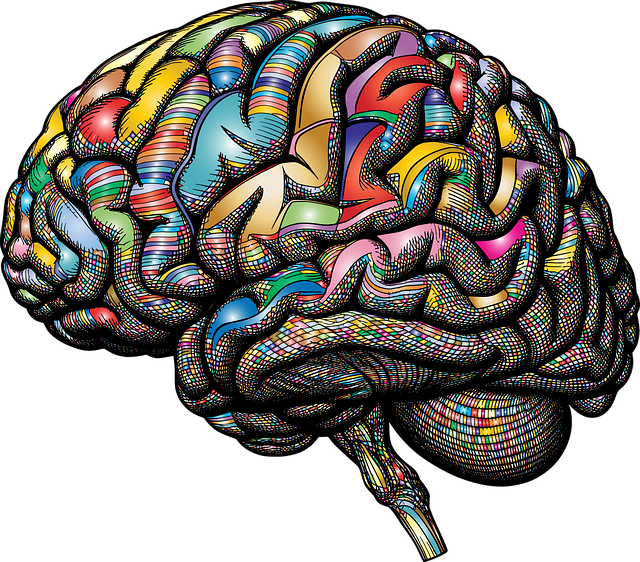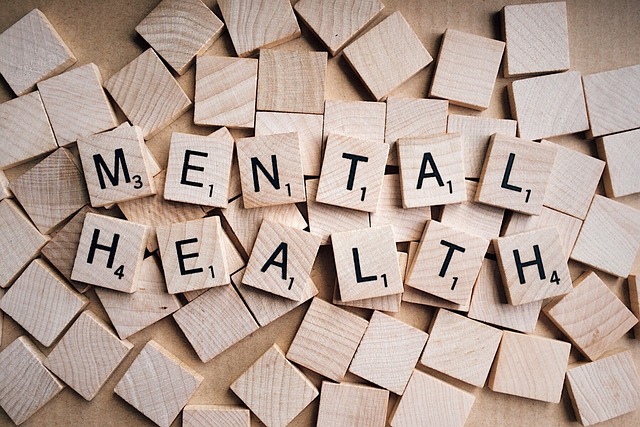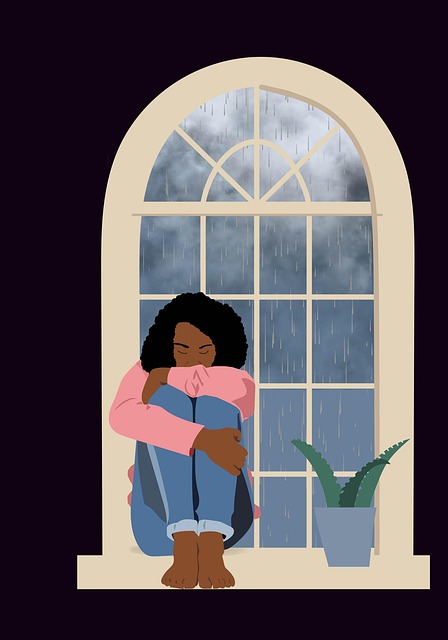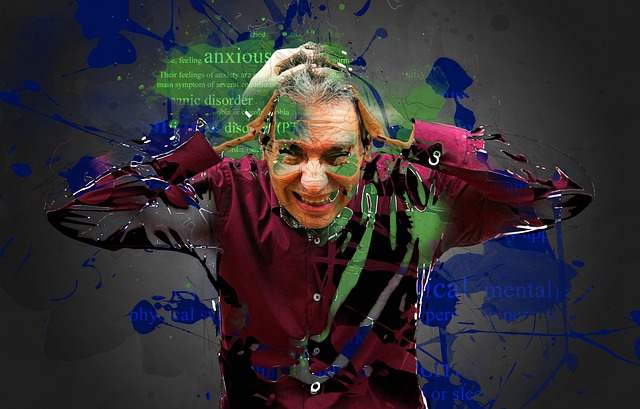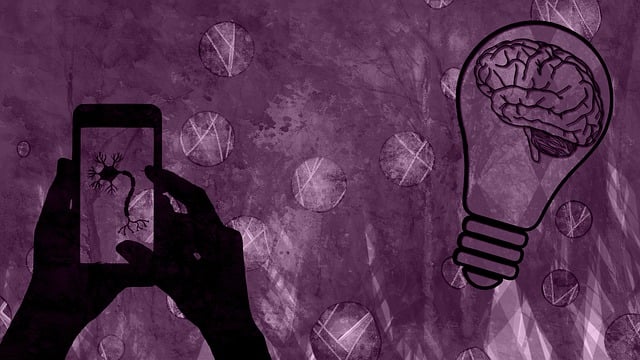Media portrayal of mental illness often falls into simplistic stereotypes, impacting public perception and stigmatizing those seeking therapy. Popular culture depicts mental health as either unrecoverable or temporary phases, oversimplifying a diverse range of conditions. A balanced approach, including perspectives from professionals like Littleton French Speaking therapists, can foster empathy and encourage support. Open dialogue through activities like journaling and community discussions breaks down barriers, revolutionizing society's view on emotional healing processes. Littleton French Speaking Therapy addresses underrepresentation in media by challenging stereotypes and promoting diversity, offering tailored exercises and workshops to destigmatize mental illness while respecting cultural identities. Accurate media representation is crucial for reducing stigma; producers should incorporate diverse characters with authentic experiences, collaborating with experts like Littleton French Speaking Therapy for realistic scenarios, showcasing emotional journeys and empathy-building strategies to promote a more compassionate society.
In today’s media landscape, accurate representation of mental illness is crucial. This article explores the current state of mental health portrayal, highlighting prevalent stereotypes and their impact. We introduce Littleton French Speaking Therapy as a game-changer, challenging these stereotypes through diverse and nuanced storytelling. Additionally, we offer effective strategies for the media industry to enhance mental health accuracy. By examining these approaches, including the success of Littleton French Speaking Therapy, we aim to foster a more responsible and inclusive media environment.
- Understanding Mental Illness Representation in Media: The Current State
- Littleton French Speaking Therapy as a Solution: Targeting Stereotypes and Promoting Diversity
- Effective Strategies for Accurate Mental Health Portrayals in the Media Industry
Understanding Mental Illness Representation in Media: The Current State

The representation of mental illness in media has long been a topic of scrutiny and debate. Current portrayals often fall into simplistic stereotypes or, conversely, brush over the complexities of psychological struggles entirely. This lack of nuanced understanding impacts public perception and can contribute to the stigmatization of individuals seeking therapy. For instance, popular culture frequently depicts mental health issues as either extreme, unrecoverable conditions or as temporary phases that resolve quickly with minimal intervention. These oversimplified narratives fail to reflect the diverse nature of mental illness, which ranges from mild anxiety and depression to more severe disorders.
A more balanced approach is necessary, one that recognizes the spectrum of emotional well-being promotion techniques and embraces the various paths towards healing. By incorporating perspectives from professionals like Littleton French-speaking therapists, media can foster empathy and encourage viewers to seek appropriate support when needed. Encouraging open dialogue about mental wellness through platforms like journaling exercises or community discussions can contribute to breaking down barriers and promoting understanding. Ultimately, accurate representation in media has the potential to revolutionize how society views and treats emotional healing processes, paving the way for more inclusive and supportive communities.
Littleton French Speaking Therapy as a Solution: Targeting Stereotypes and Promoting Diversity

Littleton French Speaking Therapy emerges as a powerful solution to combat stereotypes and promote diversity in media representation of mental illness. By focusing on individuals who speak French, this therapy addresses the lack of diverse voices often portrayed in mental health narratives. It not only challenges existing stereotypes but also enriches the mental health discourse with varied experiences, fostering a more inclusive environment.
The approach incorporates self-awareness exercises and stress management workshops tailored to meet the unique needs of French-speaking individuals. These initiatives are led by organizations dedicated to Mental Health Awareness, aiming to destigmatize mental illness and provide accessible support. Through this holistic method, Littleton French Speaking Therapy seeks to empower individuals while ensuring their cultural identities are respected and celebrated in the process of healing.
Effective Strategies for Accurate Mental Health Portrayals in the Media Industry

The media industry plays a significant role in shaping societal perceptions, and accurate representation of mental health is crucial for fostering understanding and reducing stigma. To achieve this, producers and writers must adopt strategies that promote nuanced and empathetic portrayals. One effective approach is to incorporate characters with diverse mental health experiences, ensuring these stories are told authentically. Collaboration with mental health experts, such as therapists specializing in French-speaking communities like Littleton French Speaking Therapy, can provide valuable insights for creating realistic scenarios.
Additionally, focusing on the human experience behind mental illness can significantly impact audiences. Portraying characters who exhibit emotional intelligence and self-esteem improvement journeys, while also highlighting empathy building strategies, allows viewers to connect on a deeper level. By presenting these stories with sensitivity and authenticity, media can contribute to a more compassionate society, challenging stereotypes and promoting awareness about various mental health conditions.
In conclusion, improving mental illness representation in media is paramount. The current state of portrayal often perpetuates harmful stereotypes, but solutions like Littleton French Speaking Therapy offer a path forward. By targeting these stereotypes and promoting diversity, we can foster more accurate and nuanced depictions. Implementing effective strategies for accurate mental health portrayals is essential to create a media landscape that reflects the complexity of human experiences, ultimately challenging societal stigma and enhancing understanding.
